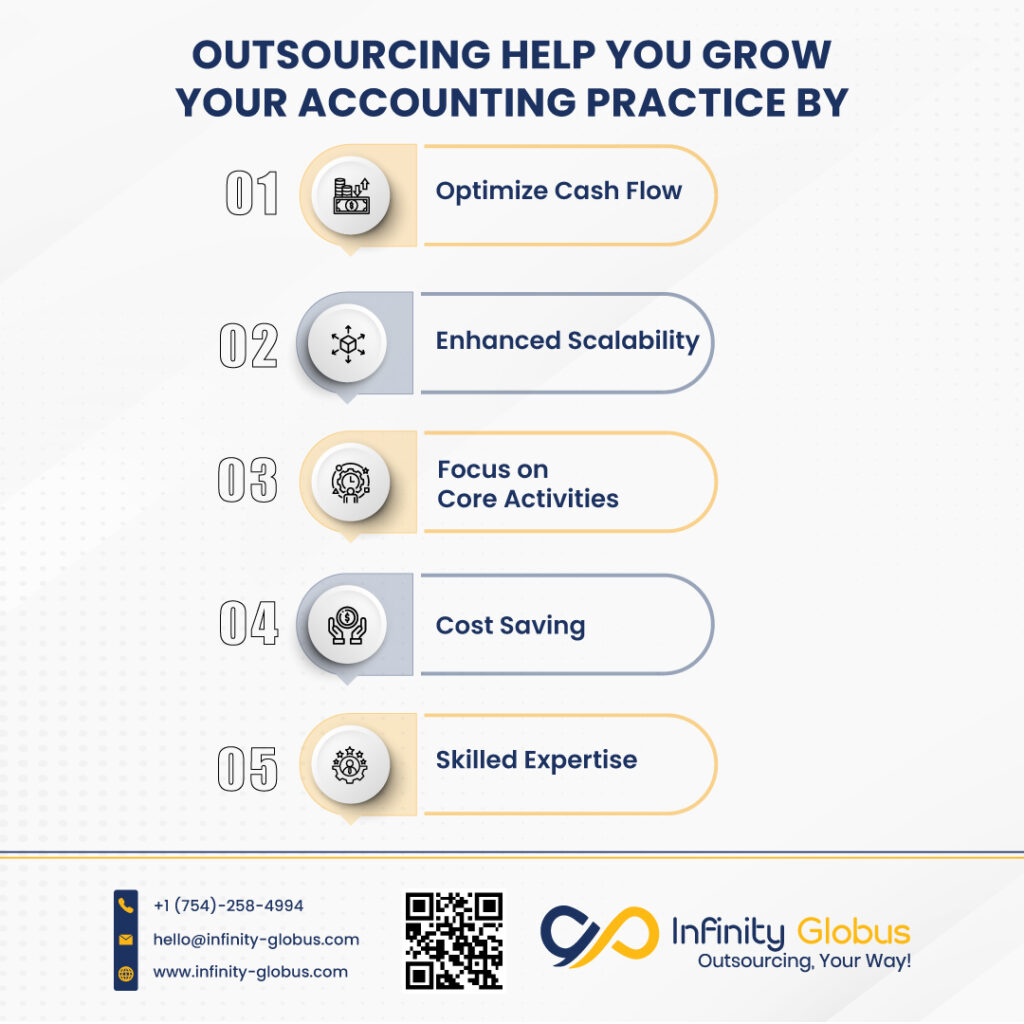Succentrix Can Help You Start an Accounting Practice and Develop Your Brand
Succentrix Can Help You Start an Accounting Practice and Develop Your Brand
Blog Article
Top Trends Shaping the Future of Accountancy Practices
As the audit sector remains to progress, numerous critical patterns are emerging that guarantee to redefine traditional techniques. The combination of fabricated intelligence, the emphasis on automation, and shifts towards remote job are improving the landscape, while sustainability efforts and improved data analytics are driving brand-new requirements of accountability. Each of these factors not just improves performance however additionally placements accountants in even more critical roles. What remains to be seen is exactly how these advancements will affect the moral considerations and operational frameworks within the career.
Rise of Expert System
The rise of man-made knowledge (AI) in accounting techniques notes a considerable shift in the sector, driven by the requirement for higher effectiveness and accuracy. AI modern technologies are increasingly being incorporated right into bookkeeping software program, making it possible for firms to automate regular jobs such as information entrance, invoice handling, and economic reporting. This makeover enables accountants to concentrate on higher-value tasks, such as tactical preparation and advisory services.
Additionally, AI improves the accuracy of financial analyses by decreasing human error and boosting information honesty. Device learning algorithms can evaluate vast quantities of data to recognize patterns and fads, providing understandings that were previously unattainable. This ability not just simplifies decision-making but likewise enables real-time financial surveillance.
The execution of AI in bookkeeping likewise fosters boosted conformity with governing requirements, as AI systems can be set to flag disparities and make certain adherence to financial laws. As companies accept these modern technologies, the duty of accountants is developing from traditional accounting to becoming tactical partners within organizations, equipped with sophisticated logical abilities. Generally, the rise of AI in audit is redefining the career, leading the way for a more innovative and responsive monetary landscape.
Emphasis on Automation
How can automation reshape the accountancy landscape? The assimilation of automation into accounting techniques is basically changing just how financial data is refined, examined, and reported. By simplifying repetitive tasks such as information entrance, reconciliation, and invoicing, automation permits accounting professionals to concentrate on higher-value activities, such as strategic decision-making and advising services.
The adoption of automation modern technologies, consisting of robotic process automation (RPA) and cloud-based solutions, improves precision and lowers the possibility of human error. Real-time data processing encourages organizations with prompt insights, making it possible for even more proactive economic monitoring. Automated systems help with conformity by ensuring that regulations are constantly met through built-in controls and audit trails.

Remote Job Change
As automation reshapes conventional bookkeeping methods, the rise of remote work is further transforming the landscape of the career. The COVID-19 pandemic accelerated a shift in the direction of versatile job arrangements, engaging accounting companies to adopt new innovations and communication tools to maintain efficiency and customer interaction. This shift has actually enabled companies to access a wider ability swimming pool, as geographical constraints reduce.
Remote job has likewise prompted a reevaluation of workflows and the execution of cloud-based solutions. These developments promote real-time partnership, enabling teams to useful site function effortlessly throughout different locations. Consequently, accountants can provide services much more efficiently and react to customer requires faster.
In addition, the focus on remote work has driven a social shift within companies, highlighting work-life equilibrium and staff member well-being (Succentrix can help you start an accounting practice). Companies that welcome this adjustment are likely to bring in and maintain top ability, promoting an atmosphere of advancement and adaptability
However, the remote job version additionally offers challenges, such as preserving information safety and ensuring compliance with governing requirements. As the bookkeeping profession remains to advance, firms should browse these complexities while making best use of the benefits of remote work, inevitably leading to a much more resistant and nimble sector.
Sustainability in Accounting

The introduction of sustainability accountancy standards, such as the Global Coverage Initiative (GRI) and the Sustainability Accounting Specification Board (SASB), has actually provided structures that direct companies in measuring and disclosing check this their ESG performance. This not only improves integrity however additionally promotes count on amongst financiers and customers that focus on lasting practices.
Additionally, firms are progressively taking on integrated reporting, which integrates financial and non-financial information to offer a holistic sight of organizational efficiency (Succentrix can help you start an accounting practice). This approach enables stakeholders to assess the long-term stability of a business, lining up economic success with lasting methods
As accountancy experts welcome sustainability, they play an essential duty in forming company method, fostering development, and promoting accountability. Ultimately, sustainability in audit is not just a fad; it is a vital element of modern-day business approach that drives durability and lasting success.
Improved Data Analytics
The growing emphasis on sustainability in audit has actually led the way for enhanced data analytics, which is changing how organizations handle and interpret financial details. Succentrix can help you start an accounting practice. By leveraging innovative logical tools, firms can now sift via substantial amounts of information to draw out insights that drive calculated decision-making and improve operational performance
Enhanced data analytics allows accounting professionals to relocate past typical reporting techniques, giving real-time data visualization and anticipating analytics that help with aggressive monitoring of monetary wellness. This shift not just supports far better compliance with sustainability laws but also aligns with stakeholder demands for openness and liability.


As audit techniques develop, the role of information analytics will be critical in fostering an extra sustainable and durable economic setting. Organizations that embrace these advancements will obtain an one-upmanship, positioning themselves as forward-thinking leaders in the market.
Conclusion
To conclude, the future of accountancy methods is being substantially influenced by innovations in expert system, automation, remote job, sustainability, and improved data analytics. These patterns not just enhance performance and precision but also reshape the duty of accounting professionals from typical jobs to critical consultatory positions. Embracing these advancements will equip companies to adapt to an evolving landscape, making certain strength and success in a competitive environment. The ongoing assimilation of these components will specify the audit profession's trajectory.
Report this page